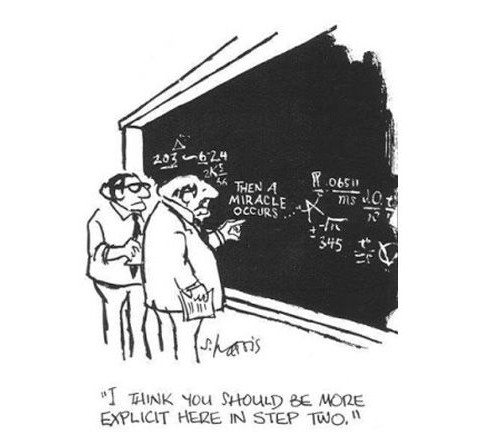I write about the misuse of the word "sustainability" a lot. It's easy to misuse and people don't always mean to mislead - it often comes from good intentions.
For folks who are prone to a little greenwashiness though, terms like this are seen as trendy… which means they're interchangeable with other trendy words.
The word "regenerative" is having a bit of a moment right now, and for good reason. You might start noticing companies referring to themselves as regenerative companies.
When this is true, it's pretty amazing.
It means that company is not just extracting the resources it needs from various places, but is improving those places so they're actually better off, and not worse off as a result of the extraction. When done well, there's also a process for dealing with products at the other end - long down the track when they've come to their end of life.
In business, regeneration mostly takes shape through agriculture at the creation of raw materials (eg: cotton). Companies like Unilever (one of largest producers globally) and Danone (the largest Certified BCorp globally) are establishing regenerative farming practices to generate their raw materials.
Studies have shown that the benefits of regenerative farms are often well above typical farms - on average, the wellbeing of farmers is much higher, the farms are more resilient to adverse weather like drought, the cost structures are lower and the profitability is higher.
When "Regenerative" is misused though - similar to sustainable - it's falls on us to read between the lines.
The companies that are use these practices well are often proud enough to share how they're doing it. If anyone claims to be sustainable, regenerative, green, ethical, or any other trendy "good" things, a little digging goes a long way.
Remember doing maths at school? You weren't allowed to just show the answer, you had to show how you arrived at your answer - you had to show your work.
So check their work.

For self-employed creatives, normal business traps are easy to fall into and overcomplicate things - but they’re totally avoidable when flying solo.
Learn how to keep things simple, enjoyable, and climate-smart in around 2 minutes a day by joining The Climate Soloist.